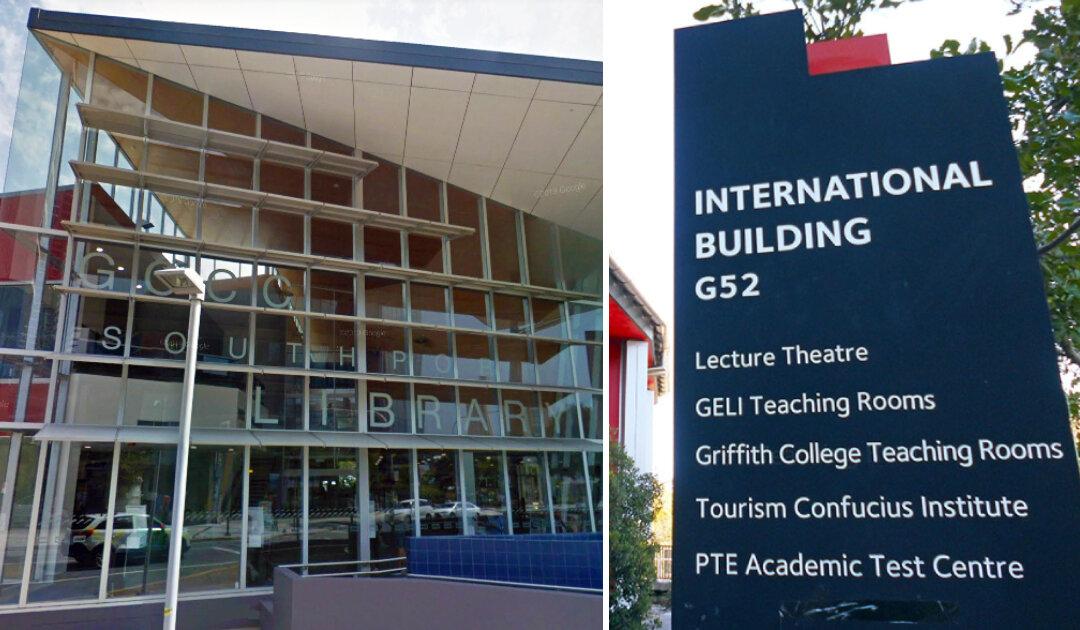Thirteen Australian universities with Confucius Institutes tied to the Chinese Communist Party (CCP) are under increasing pressure to register with the federal government’s Foreign Influence Transparency Scheme (FITS).
The Confucius Institutes (CIs) are touted as a means of cultural exchange, however, CI’s have been under increasing scrutiny for their potential as a trojan horse for the CCP’s soft power propaganda push in the west.




